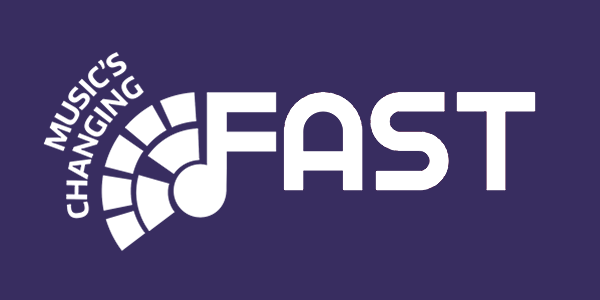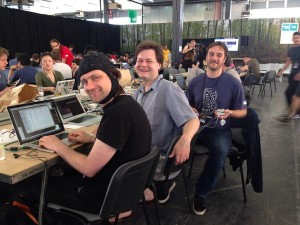Research workshop: Listening in the Wild: Animal and Machine Audition in Multisource Environments, Queen Mary University of London, Friday 28th August, 10:30am-5pm
* How do animals recognise sounds in noisy multisource environments?
* How should machines recognise sounds in noisy multisource environments?
This workshop will bring together researchers in engineering disciplines (machine listening, signal processing, computer science) and biological disciplines (bioacoustics, ecology, perception and cognition), to discuss complementary perspectives on making sense of natural and everyday sound.
Registration details and further information available on the Eventbrite link here.
INVITED SPEAKERS:
Annamaria Mesaros (Tampere University of Technology, Finland)
Sound event detection in everyday environments
Alison Johnston (British Trust for Ornithology)
What proportion of birds do we detect? Variation in bird detectability by species, habitat and observer
Jordi Bonada (Universitat Pompeu Fabra, Barcelona)
Probabilistic-based synthesis of animal vocalizations
Sarah Angliss (composer, roboticist and sound historian, London)
Rob Lachlan (Queen Mary University of London)
Analysing the evolution of complex vocal traits: song learning precision and syntax in chaffinches
Alan McElligott (Queen Mary University of London)
Mammal vocalisations: from quality to emotions
Emmanouil Benetos (City University London)
Matrix factorization methods for environmental sound analysis
VENUE:
Arts Two Lecture Theatre,
Arts Two Building,
Queen Mary University of London,
Mile End Road,
London E1 4NS.
CONTACT:
Dan Stowell
Phone: +44 20 7882 7986
Email: dan.stowell@qmul.ac.uk



